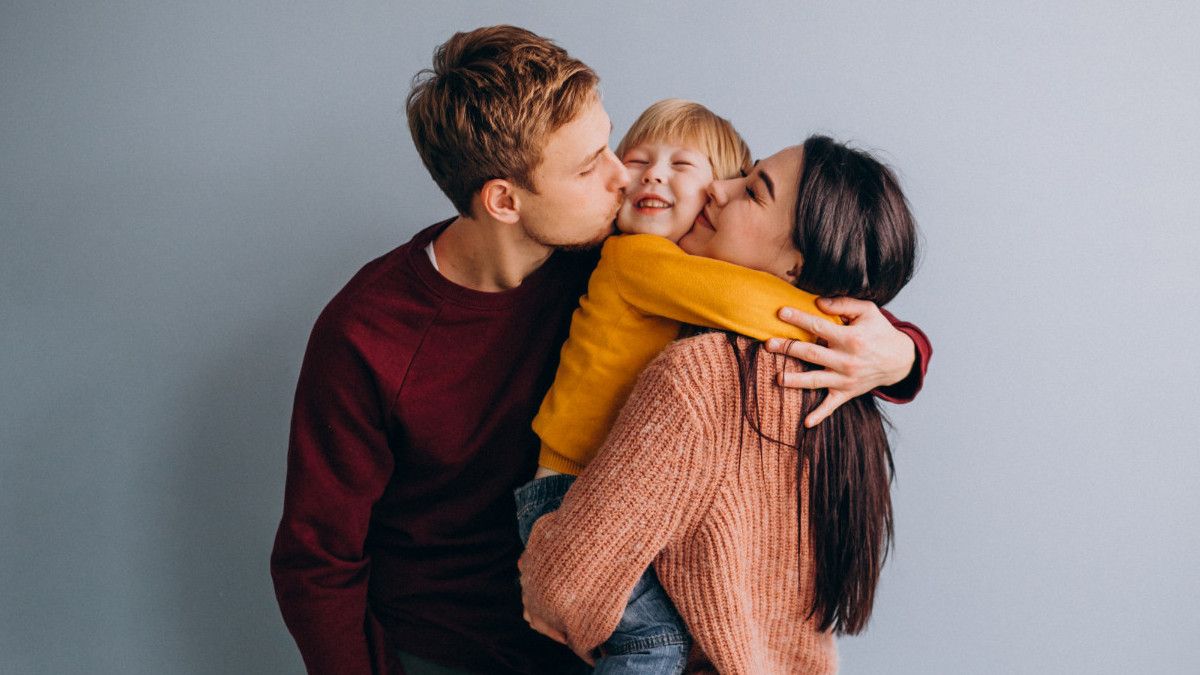YOGYAKARTA Teaching discipline to children needs to be done in an effective way. According to experts, positive discipline will be greater teaching good things than just compliance.
Positive discipline is a parenting style in which parents strengthen good behavior and extinguish unwanted behavior without physically or verbally hurting their children. Experts say, teaching discipline in traditional ways actually fails to provide long-term teaching. It can even contribute to unwanted behavior.
A positive disciplined approach refers naturally to a child knowing what to do and what not to do. Like the story of life's Lamphere from North Carolina reported by Healthline, Sunday, October 16. Lamphere had three daughters, they ran and cried after making a mistake. The three daughters lit up the walls while playing.
Lamphere did not scold her daughters for the reason they cried and apologized because they knew they made a mistake. Instead of screaming and punishing her son, Lamphere decided not to. He spoke with his daughter about the consequences of their actions and reminded him that everyone made a mistake.
Positive discipline was popularized by Dr Jane Nelsen. This teaching stems from the idea of parents and caregivers who strengthen good behavior and extinguish unwanted behavior. Positive discipline also doesn't hurt children physically or verbally, according to a pediatrician at Michigan Children's Hospital, Scott Grant, MPH., FAAP.
Grant further explains about the character of children who tend to be connected to their caregivers. Connected to their parents, affects children's attitudes. The more connected they are, they tend not to have bad behavior, learn social skills and life.
A licensed marriage and family therapist, Ann DeWitt, agrees with Grant. According to him, positive discipline helps eliminate the intrinsic award system found in traditional parenting. That is, traditional discipline uses rewards and punishments to make children behave in the short term.
Meanwhile, positive discipline does not use mechanisms in traditional discipline. They try to find out why children make mistakes and find solutions that meet everyone's needs. Good again, by teaching positive discipline, parents do not try to control their children's behavior. But to respect the needs of children and parents.
By teaching positive discipline, it is more effective and long-term. If traditional discipline, it is more permissive and loose because parents feel the need to control their children right away. By shouting and shouting at children, including when making mistakes or not, it doesn't help much children to make different choices at other times.
Grant suggests, to teach positive discipline to children, parents must manage their own frustration first. Because when parents are angry, tend to scream and scold. Educating children must be calm. In a calm and manageable condition, parents will be more positive in educating their children.
The English, Chinese, Japanese, Arabic, and French versions are automatically generated by the AI. So there may still be inaccuracies in translating, please always see Indonesian as our main language. (system supported by DigitalSiber.id)









